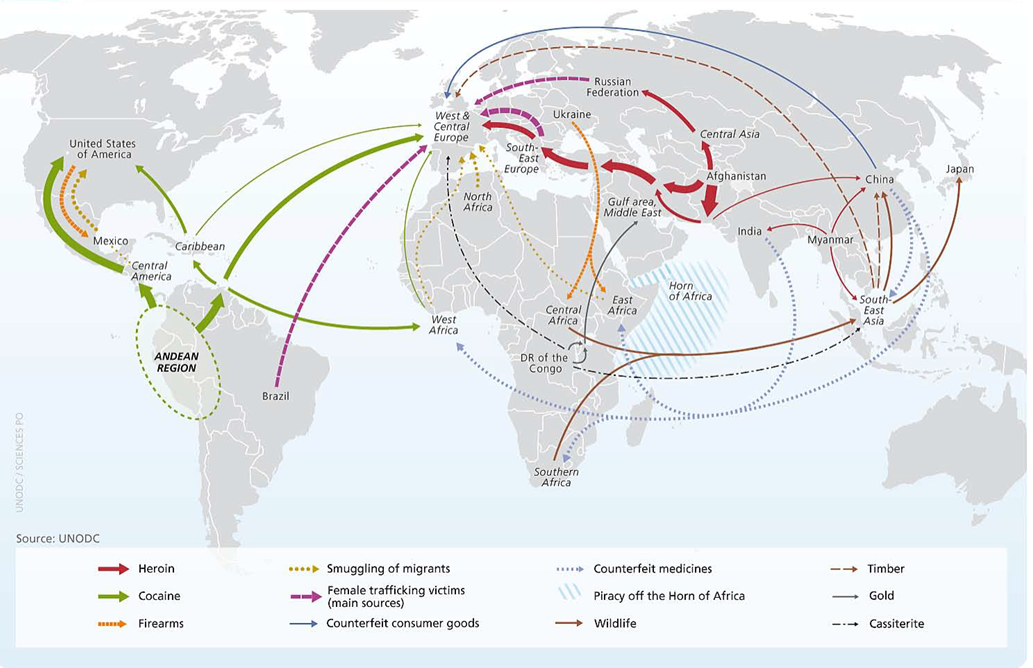
Extradition, the process of surrendering an individual accused or convicted of a crime by one country to another, is a pivotal weapon in the fight against transnational organized crime. However, this legal mechanism is fraught with complexities that challenge law enforcement agencies worldwide.
Extradition is typically governed by bilateral or multilateral treaties between countries. These agreements specify the offenses covered, the procedures for requesting an extradition, and the grounds for refusal.
Extradition involves significant legal protections for the accused. Countries must ensure that extradition requests meet due process standards, including the right to a fair trial and protection from arbitrary detention.
Extradition can raise issues of sovereignty and political tension between countries. The requested country may have concerns about the fairness of the requesting country’s judicial system or the potential for political persecution.
Law enforcement agencies view extradition as an essential tool to apprehend fugitives and bring them to justice. They argue that it deters crime and disrupts criminal networks.
Human rights advocates raise concerns about the potential for extradition to be abused, particularly in cases where individuals face torture or unfair trials in the requesting country.
Political considerations often influence extradition decisions. Countries may be reluctant to extradite individuals if it could damage diplomatic relations or undermine their domestic political agenda.
The extradition of WikiLeaks founder Julian Assange from the United Kingdom to the United States has sparked controversy. Supporters argue that Assange faces a potential life sentence for exposing government secrets, raising concerns about free speech and political persecution.
Mexican drug lord Joaquín “El Chapo” Guzmán’s extradition to the United States highlighted the challenges and complexities involved in prosecuting transnational criminal organizations.
Navigating the Complexities
To navigate the challenges of extradition effectively, countries must:
- Enter into comprehensive extradition treaties that provide clear guidelines and protect fundamental rights.
- Establish robust legal frameworks to ensure due process and fair trials.
- Engage in diplomatic dialogue to resolve political and sovereignty concerns.
- Cooperate and share intelligence to build a global network against organized crime.
Extradition is a complex and essential tool in the fight against organized crime. By understanding the legal, political, and human rights dimensions of extradition, countries can effectively cooperate to bring criminals to justice while safeguarding individual rights.
Extradition remains a work in progress, with ongoing challenges and opportunities. By addressing these complexities, the international community can strengthen its ability to combat organized crime and promote global security.
